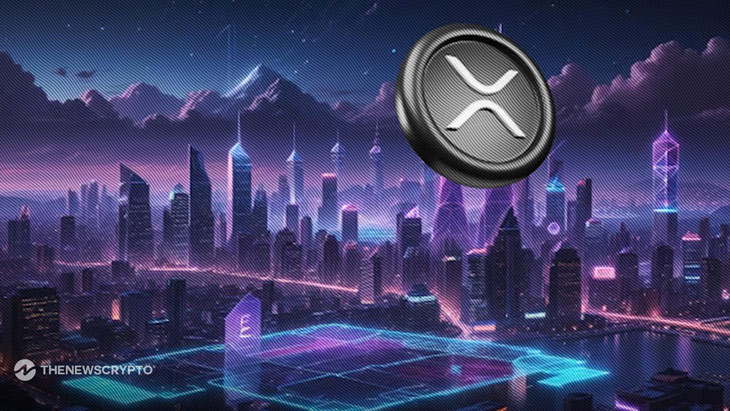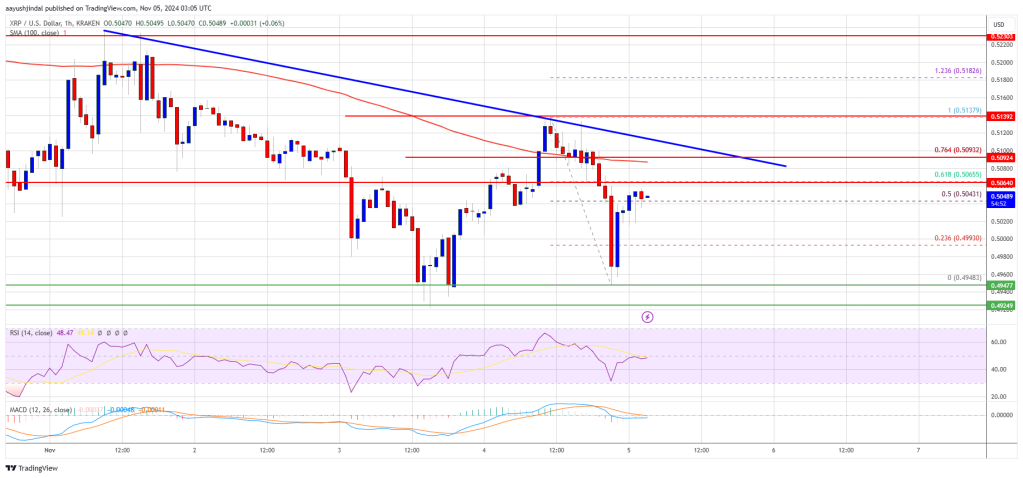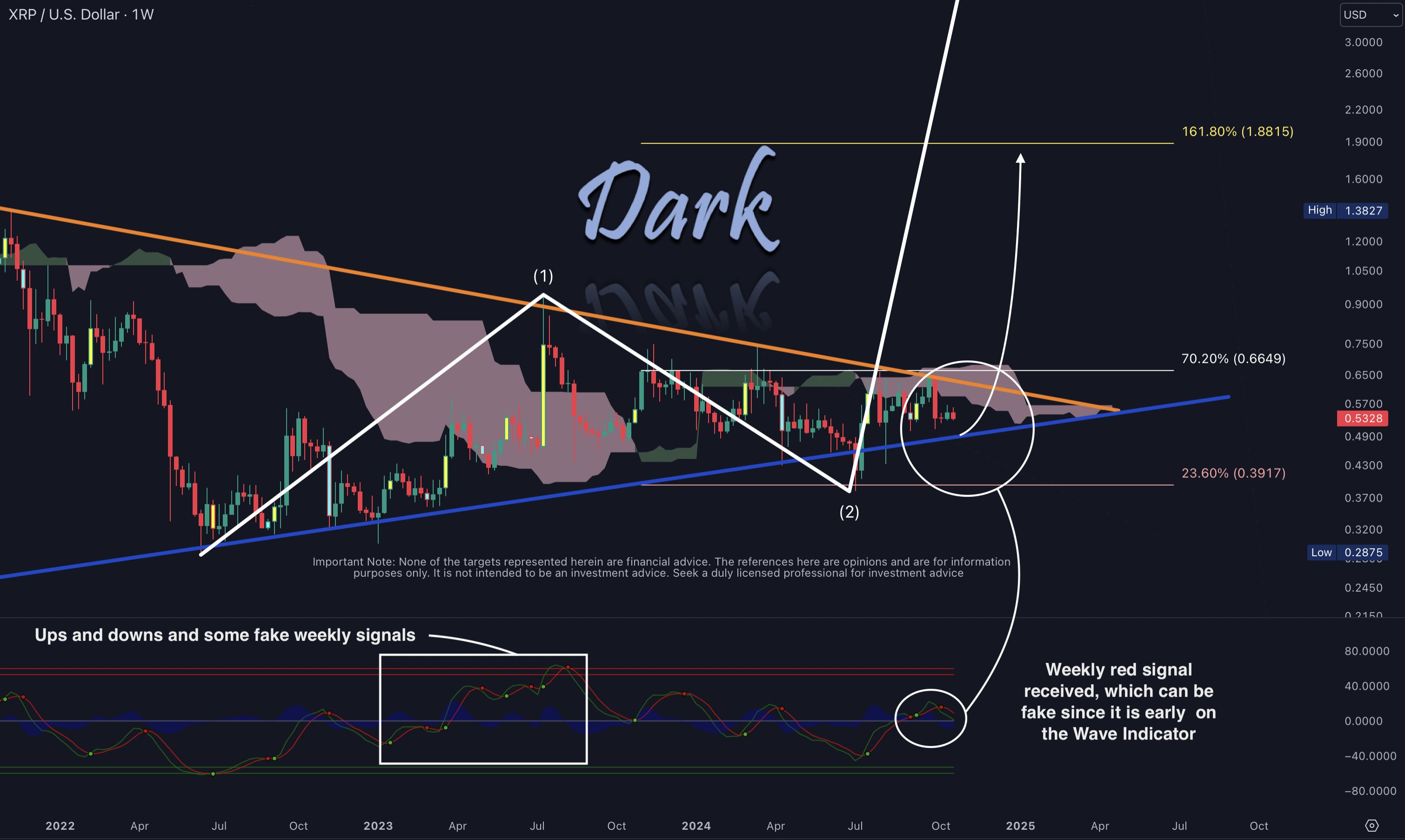
- Former Ripple developer highlights XRP’s superior scalability and efficiency.
- XRP processes transactions faster than Bitcoin with lower environmental impact.
- XRPL attracts $1B in tokenized equity, demonstrating broader use cases.
Matt Hamilton, Senior Developer Advocate at Arbitrum and former Ripple developer, has sparked discussion in the cryptocurrency community with his detailed comparison of XRP and Bitcoin.
His insights, recently highlighted by market pundit Mickle on X, present a compelling case for XRP’s potential to surpass Bitcoin in practical applications.
While acknowledging Bitcoin’s pioneering role in cryptocurrency and the revolutionary principles outlined in Satoshi Nakamoto’s whitepaper, Hamilton identifies several limitations in Bitcoin’s architecture.
Why XRP Could Outshine Bitcoin in the Future! pic.twitter.com/C6bhELDaok
— mickle (@xrpmickle) October 20, 2024
These constraints, particularly its slow transaction speed and energy-intensive mining process, potentially restrict Bitcoin’s ability to meet growing global demands for efficient financial systems.
Ripple’s development addressed these fundamental challenges head-on, incorporating solutions for scalability and transaction efficiency. The platform’s creators, themselves early Bitcoin developers, deliberately engineered the XRP Ledger to overcome Bitcoin’s limitations.
This foresight has resulted in a system capable of processing transactions within seconds, compared to Bitcoin’s minutes-long confirmation times.
XRP has an upper edge in sustainability
The environmental impact of cryptocurrency operations represents another significant differentiator between the two assets. While Bitcoin’s proof-of-work mechanism continues to draw criticism for its substantial energy consumption, including from figures like Elon Musk, XRP’s consensus protocol offers a more sustainable alternative.
This efficiency makes Ripple particularly attractive to environmentally conscious businesses and institutions.
Supply dynamics also play a crucial role in XRP’s potential advantages. Unlike Bitcoin’s deflationary model, Ripple features a fixed supply structure that may provide better protection against inflation and serve as a more reliable store of value over time. This characteristic, combined with XRP’s technical efficiencies, positions it favorably for long-term adoption.
Beyond pure cryptocurrency applications, the XRP Ledger has demonstrated its versatility through recent developments in tokenization.







